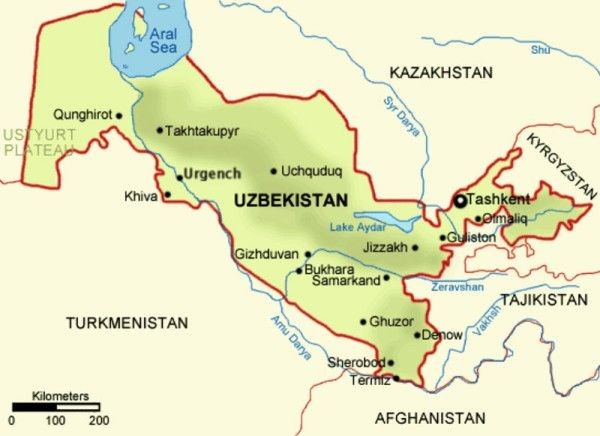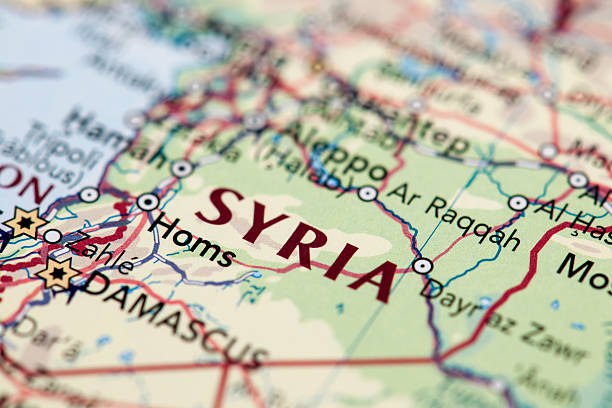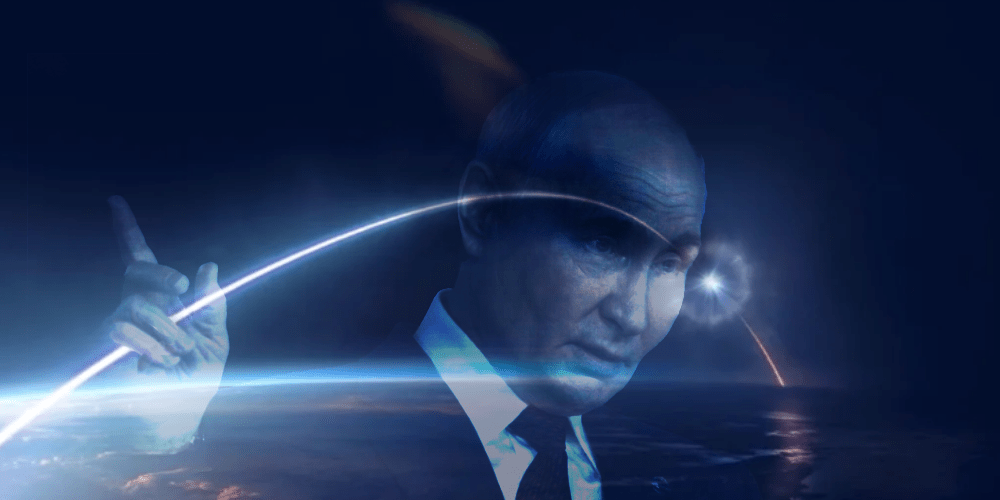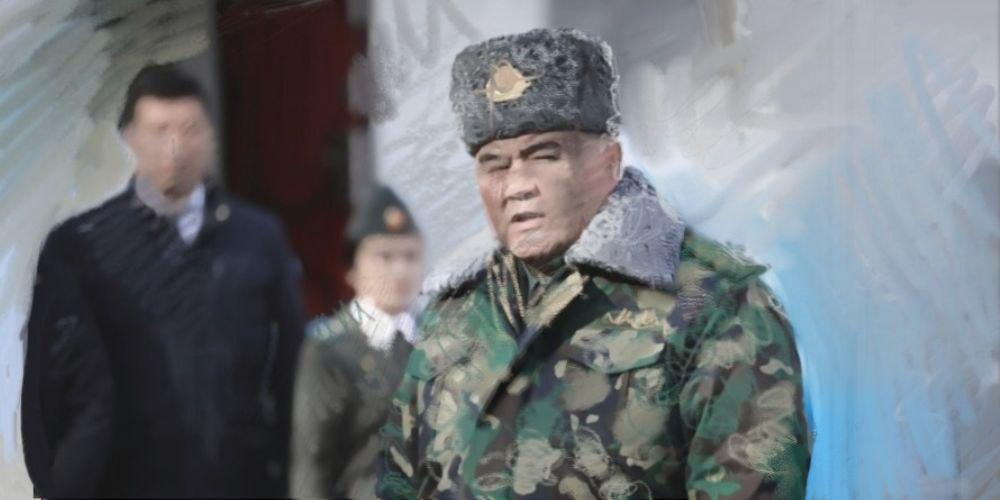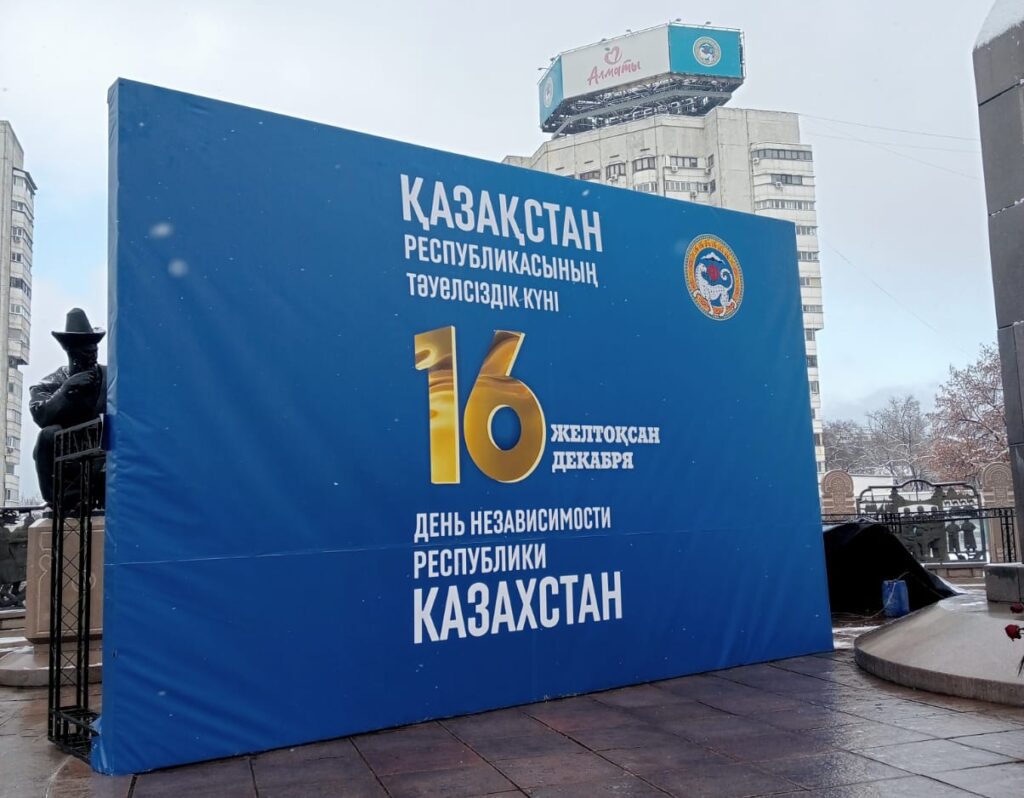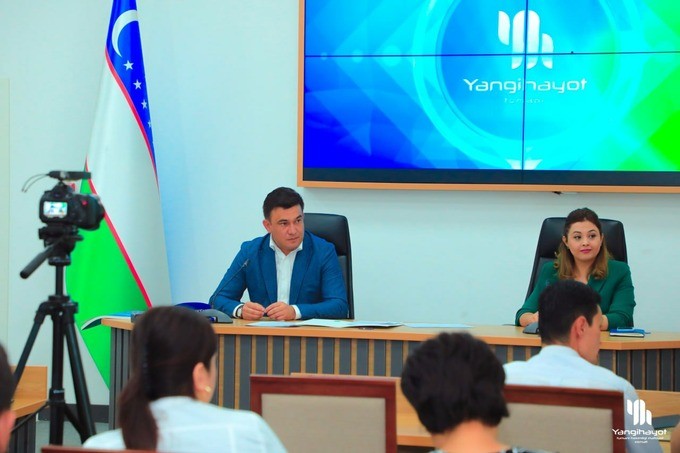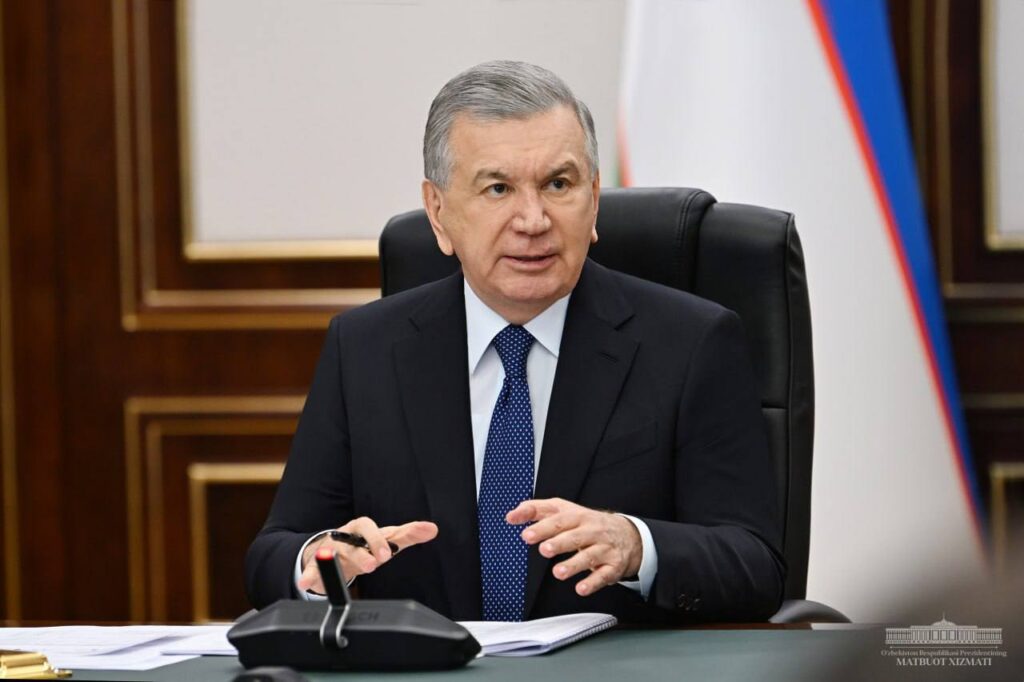LONDON (TCA) — Will the death of Uzbekistan’s longstanding ruler cause an “Uzbek Spring” with room for more public input and a less oppressive state apparatus, without hollowing out the state itself? As things look, the disappearance of one of the last remaining “Soviet heirs” and his replacement is an affair to be settled within a very narrow circle of men-behind-the-throne. That does not mean, however, that things on a slightly longer term could not change for the better.
Islam Karimov’s immediate successor is bound to be an insider. “Under Uzbekistan’s constitution, the head of the upper chamber of parliament, currently the little-known Nigmatulla Yuldashev, assumes the president’s role for three months if the president is incapacitated. But Yuldashev is unlikely to be anything other than a transitional figure, and there are a few names that crop regularly as potential long-term successors to Karimov,” a report by Business New Europe was to read.
Potential successors
Until recently, Karimov’s daughter Gulnara was seen as a poised successor, until she fell out with the powerful “business club”, a sort of lodge composed of Uzbekistan’s oligarchs. Gulnara’s enterprises were confiscated and she now remains under house arrest, with her chances of the presidency virtually gone. Her younger sister Lola has expressed her ambition to take Gulnara’s position but is generally not considered a real hopeful. After all, a woman in charge of a macho land is not something that could happen soon.
Among those now tipped as successors in upcoming elections orchestrated in the traditional manner are deputy prime minister and finance minister Rustam Azimov and prime minister Shavkat Mirziyoyev. A third name popping up is that of the head of the security services Rustam Inoyatov, who comes from the Soviet KGB and like Karimov just changed caps at the dismemberment of the USSR and the rise of the independent republic of Uzbekistan.
A quiet transition
“The transition is largely expected to be quiet and hidden from the public and many expect the tone Mr. Karimov has set, where dissent is not tolerated and any protest quashed, to continue,” the BBC notes in a report on the latest development. “Indeed the successor may not necessarily be a well-known figure.”
Uzbekistan is among the places where personality-swaps to secure the continuity of power held by small numbers of individuals, a system of which the Soviet Union used to hold the secret, has been preserved in one of its purest forms. “What is clear is that the new leadership will not try to change the authoritarian system in Uzbekistan. They will continue relying on repression and state propaganda to maintain their power, just as Mr Karimov has done for 27 years,” the BBC notes in conclusion. That would also mean that for foreign powers, meaning Russia, China, European powers and the USA alike, Uzbekistan remains a quiet and orderly place “with which one can talk and do business”.
Everything under control
Real businessmen, for all it matters, tend to cherish pretty similar feelings. In global business circles, “concerns about succession” in Uzbekistan have been voiced regularly of late, ignoring the fate of the population. All outsiders, as the Uzbek strongmen want the world to believe, can now breathe easily: everything is under control. And it looks indeed as though a majority of the population, which has a sense of loyalism that it has cherished for centuries, letting “Sartistan” prevail over all other interests even at the expense of liberty, can live with what they consider a lesser evil as compared to all the alternatives.
Terrorism at the door
This scenario, however, does not necessarily have to come true. Some external forces may have hidden agendas including the possibility to stage a “coloured revolution” in Uzbekistan, after the example of neighboring Kyrgyzstan back in 2005. This would weaken the clout of the state and its upper circles in the country, and subsequently take ghosts out of bottles which afterwards will prove to be impossible to control – not in the least the terrorist “Islamic troika” next door in Afghanistan, consisting of the Taliban, Al Qaeda and Daesh which is consolidating by the day. The Uzbeks have preserved their thorough level of education throughout the Soviet period and thereafter, and along with it the awareness that tolerating the whip can save one from the axe…
